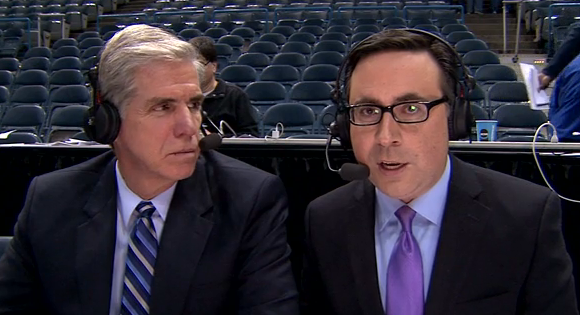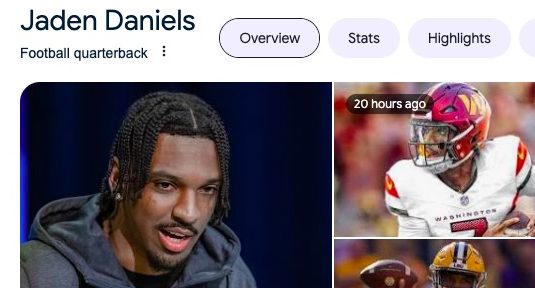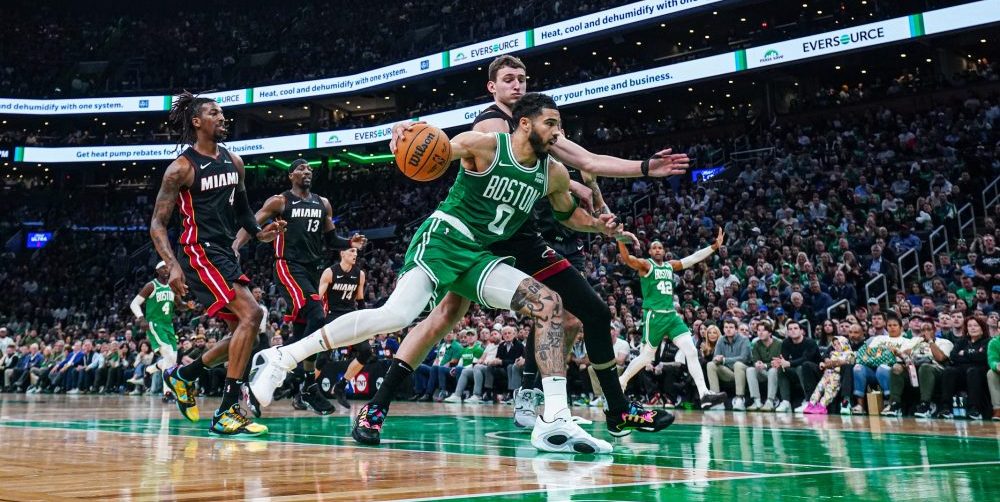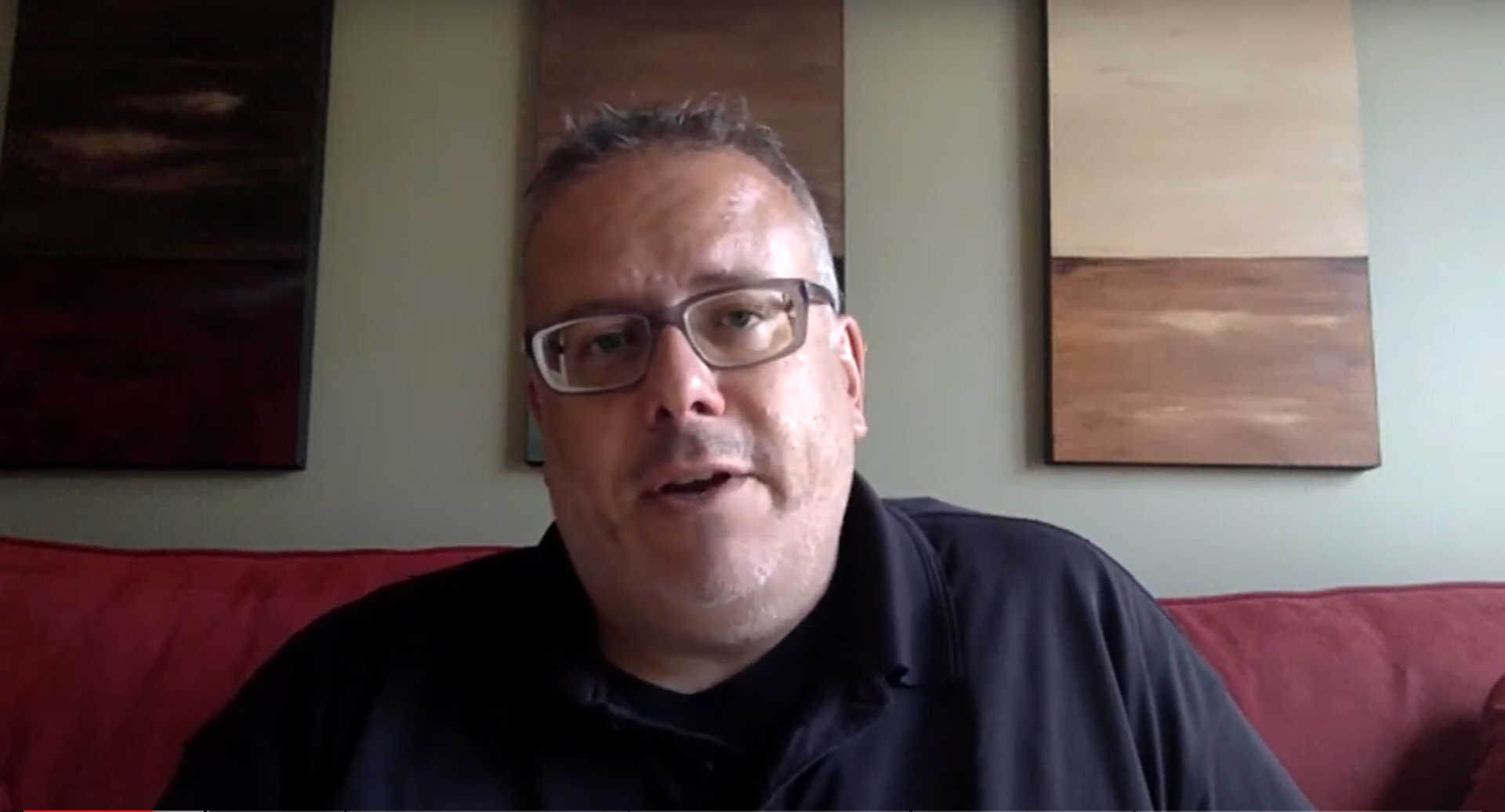It’s one of the most grueling schedules for an announcer, calling four first round NCAA Tournament games in one day, then a short turnaround with two games just two days later. The preparation begins on Selection Sunday as soon as the announcer is assigned to a certain region.
For CBS’ Ian Eagle, this year it’s Providence, RI and he knew he had Arizona, Baylor, Buffalo, Duke, Miami, North Carolina-Wilmington and Yale going into Thursday. Until Tuesday night, he didn’t know if he would be calling Wichita State or Vanderbilt vs. Arizona, but that was resolved when the Shockers took care of the Commodores at the First Four.
Eagle has done this before as he’s on his 19th tournament dating back to 1998. Working this year with Len Elmore and Chris Webber, this is not Eagle’s first rodeo in calling four first round games, but when he began in 1998 at the then-Arco Arena in Sacramento, it certainly was an eye-opening experience. “I had no clue on how I was to approach it,” Eagle laughed. “I just really looked at it as cramming for a test and I can acknowledge that there were times in college where I had to cram for a test.”
At that point in his career, Eagle had only done one college basketball game for CBS (Arkansas-Vanderbilt) as a fill-in while the network’s regular announcers were in Japan for the network’s coverage of the Nagano Olympics and it was his first college game he had called since graduating college in 1990. So this was all brand new for him.
“This was really before all of the information was online and you were just going off of what the schools provided you and what CBS provided you,” Eagle said. “It was a large book of research material that they handed out at the (network’s pre-tournament) seminar and that was like the Bible. I’m not sure what I would have done without it.”
Now, with a plethora of information online and videos of teams available within a mouse click and a finger swipe away, things are easier to research, but it also helps to see a team going into the tournament. For Eagle, some years have been better than others as the CBS schedule of games allowed him to see certain teams during the regular season. What about for 2016?
“This year, I went two out of eight, Duke and Miami during the regular season for CBS,” Eagle said. “I’ve had better years where I have seen four or five or six, and I’ve had worse years where I’ve gone 0 for 8.”
Eagle said it’s important to find a routine as with eight teams, “it’s an avalanche of information and you’ve got to go with the system that works for you. Everybody has a different process on how they do it. Ultimately, it’s doing preparation based on how quickly you can digest the information and then spit it out at a moment’s notice during your four games in one day.”

One tool that every broadcaster uses is a board that lists key information including players’ names, vital statistics and various items that could be used during a game. For Ian, he’s handwritten his board rather than using a computer program, typing in the info and printing it out. Compared to other broadcasters who have neatly typed and double-spaced boards, Ian’s looks messy, but it’s a system that works for him.
“I started with that style of board when I began with the NBA in 1994 and I’ve found that it’s comfortable for me,” Eagle said. “I’m still of that mindset that writing it down by osmosis gets it into your brain.”
Ian said by writing tidbits down, he’s able to retain the information, “so while it may look like chicken scratch to some, there’s a method to the madness for me.” And writing out names phonetically as you see in the example above not only helps him on the NCAA Tournament, but any other sporting event.
But while you can research all of the information online and write everyone’s names on a board, seeing a player in person the day before also helps. Before today’s games, Eagle attended the practices at the Providence Civic Center on Wednesday to find something to help identify the players.
“The first chance you get to see them in person, put names to faces, look for any distinguishable qualities, a player that has a headband, a player that’s a lefty, a player that wears a shooting sleeve, a player that wears a kneebrace, all of those small things play a big role in getting up to speed,” Eagle said.
And it’s at those practices where he can glean some interesting stories from coaches and a school’s sports information director who can provide other tidbits.
But by the end of the night after calling four games Eagle said, “You’re fried, but there is the satisfaction that all of the preparation and all of the information that you stored away was put to good use.”
He said it’s even better when there are great games because the night goes quickly, but if there are blowouts which can tend to occur, then a lot of those tidbits that he wrote down on his board will make the air.
“The goal is to not have to go to the well,” Eagle said. “The goal is that the game carries the broadcast.”
And with four games today and two more on Saturday, Eagle is hoping that he’ll have more drama to call rather than having to fill dead spots during blowouts.







Comments are closed.